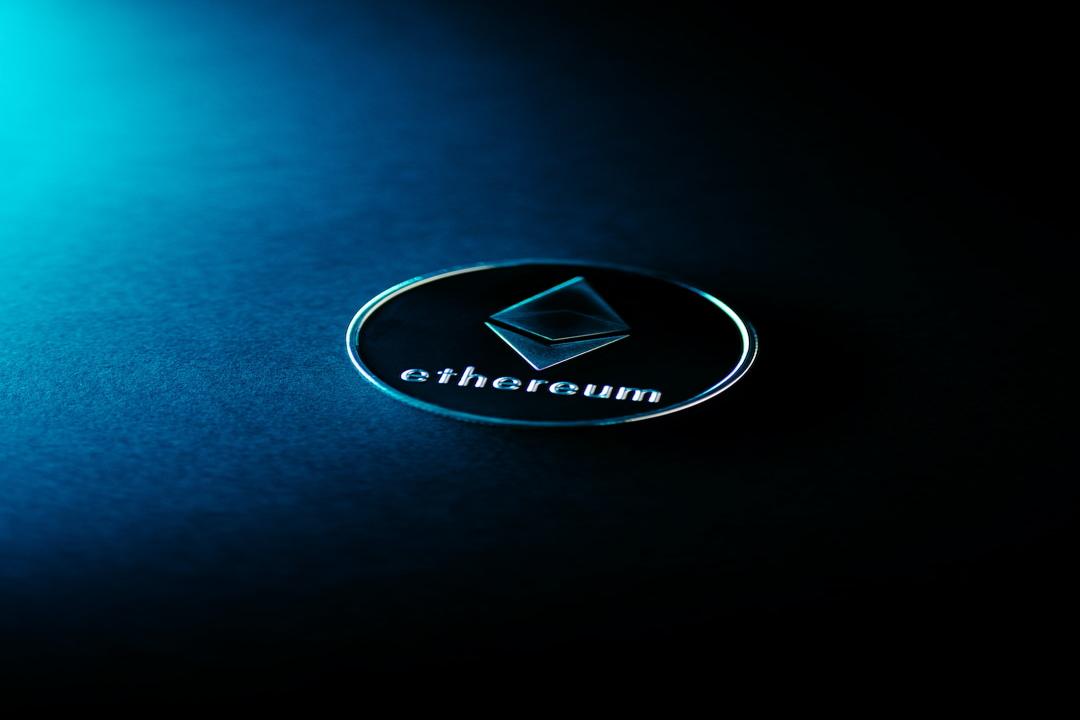The announcement made on April 16 revealed that the Pi Network app has surpassed 10 million users who have completed the Know Your Customer (KYC) process to verify their identities. The Pi team has set certain milestones, including reaching 15 million users passing KYC, for the launch of a mainnet and the tradability of its tokens. With 10 million accounts already verified, it indicates that the KYC goal will be achieved when another 5 million users complete the verification process.
Despite this accomplishment, business analytics platform AIMultiple has expressed skepticism about the value Pi brings to its users. According to AIMultiple, users are unable to exchange their Pi coins with fiat currency on exchanges, which diminishes the utility of the tokens. Pi Network was initially introduced as a centralized app in 2019, where users earn Pi tokens by clicking a button within the app daily, but they are currently unable to transfer these tokens to other users through a wallet.
The announcement states that the app’s native identity verification solution, Pi KYC, has been used by 10 million users, referred to as “Pioneers,” to complete identity verification. The Pi KYC solution combines machine automation and crowdsourced, hyperlocal human verification to ensure secure, accurate, and efficient KYC procedures.
Dr. Nicolas Kokkalis, co-founder and head of technology for Pi, believes that this achievement demonstrates that the industry can succeed without depending on fiat services. He also claims that the new KYC system will enable other Web3 services that involve asset ownership to fulfill their identity verification requirements through Pi.
In December, the team announced plans to launch an “Open Network” or mainnet in 2024, contingent upon meeting certain conditions, including the development of 100 Pi apps and 15 million users passing KYC. Additionally, the team must have completed all necessary technological, product, business, and legal work for the network launch, and there should be no unfavorable external factors that hinder its success. However, a specific date for the mainnet launch has not yet been announced.
AIMultiple analyst Cem Dilmegani argues that Pi Network is unlikely to benefit users significantly. He compares it to a direct selling or affiliate marketing system, where users are promised future rewards for bringing in new users. Dilmegani claims that this marketing system is used to drive traffic to the app, which then generates advertising revenue for the app’s developer. He also suggests that launching a blockchain mainnet could devalue the token if users quickly sell it in the market, potentially eliminating the app’s value to advertisers.
Cointelegraph reached out to the Pi team for comment, and a representative acknowledged that Pi has taken an unconventional and novel approach to blockchain development. They explained that the decision to have an intermediate Enclosed Network period instead of launching an open network immediately was made to enable utility-building on the platform and KYC processing for millions of community members, ultimately benefiting the entire community before the Open Network launch.
The representative highlighted several achievements since Pi’s launch, including the development of the Pi mining mobile app, Pi Browser mobile app, Node application, Testnet and Mainnet blockchains, Wallet, developer platform, and a novel KYC solution. They believe that the decision to delay the launch of an open network was necessary for a successful and healthy launch.
According to Vietnamese media outlet vnExpress, Pi Network is the 22nd most downloaded iOS app in Vietnam as of March 3, 2021. In May 2021, a Vietnamese news outlet reported an inadvertent leak of users’ identity card images to a hacker. However, a Pi Network spokesperson clarified that the app utilized a third-party for KYC and did not store the data on its servers, and there was no evidence of a data breach.
Related:
As Pi gains popularity, the Vietnamese government issues a warning about the risks of crypto trading.

